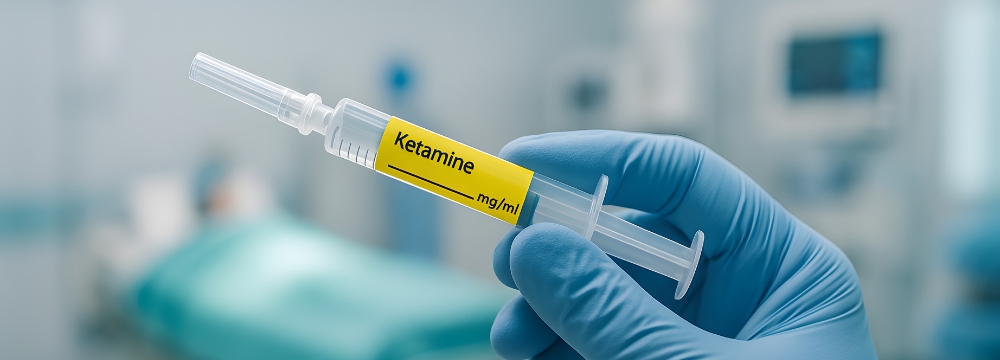Many men experience some form of erectile dysfunction in their lifetime. Although it is more prevalent in older men, it can occur at any age. Sexual arousal in men is a complex process involving the brain, hormones, nerves, muscles, blood vessels, and emotions.
Erectile dysfunction (ED) is the inability to achieve or keep an erection firm enough for sexual intercourse and can result when there is a problem in one or more of these areas. It can be a distressing health condition, and although it is normal for men to have erection problems from time to time, if it occurs more than 25% of the time, it may be a sign of ED.
Physical or psychological problems that can cause ED to include:
- Vascular and circulatory problems
- Neurological and nerve disorders (Parkinson’s disease)
- Health conditions (diabetes, obesity, heart disease, hypertension)
- Low testosterone
- Injury
- Side effects from some medications
- Stress, depression, and anxiety
Lifestyle factors, such as smoking, excessive alcohol consumption, or using illicit drugs can also affect your ability to achieve or keep an erection.
The good news is that there are a variety of lifestyle changes as well as non-surgical and surgical treatments available to help restore sexual function and self-confidence. The best treatment for you will depend on the cause of your condition, overall health, and personal preference.
Exercise and Lifestyle
Recent studies have linked a sedentary lifestyle to ED. Regular exercise, particularly swimming, running, and other aerobic activities, can improve symptoms of ED and even help prevent its development. Exercising regularly can also help reduce stress and moodiness, which can contribute to ED.
Giving up smoking can also help to restore erectile function. Smoking cigarettes can damage blood vessels, restricting blood flow and leading to ED.
Watch What You Eat
Being overweight can lead to many health problems, including ED. Maintaining a healthy weight can help prevent conditions linked to ED, such as type 2 diabetes (which can cause nerve damage resulting in ED) and high blood pressure (which can damage blood vessels, including those that carry blood to the penis).
A healthy diet rich in fruit and vegetables, whole grains, and heart-healthy fats such as nuts, fish, and olive oil, can improve blood flow and prevent circulatory disorders that lead to ED.
Get Help For Stress
Stress, depression, and anxiety can interfere with arousal and erection. Such issues can boost adrenaline levels, which can cause blood vessels to contract. Counseling can help resolve these problems and can also help if ED is creating stress or tension within a relationship. A therapist can also help address specific sexual issues.
Specialist Treatments For ED
Medications such as Viagra, Levitra, Cialis, or Stendra, are the most common treatments for ED. They work by enhancing the effects of nitric oxide by relaxing muscles in the penis, allowing for better blood flow when sexually aroused. Other medical treatments for ED include suppositories inserted into the urethra and medications injected into the base or side of the penis to increase blood flow.
Other treatments for ED include penis pumps, penile implants, and vascular surgery to correct blockages in the blood vessels.
In some cases, if low testosterone levels are detected, testosterone replacement therapy may be recommended or given in combination with other ED treatments.
Treatment For Erectile Dysfunction in Charlotte and Concord, NC
If ED is affecting your life, call the urology practice of Dr. Richard Natale to get the help you need. Dr. Natale is a board-certified urologist specializing in men’s sexual health and urinary tract issues. For more information about our services and treatments, call (704) 786-5131 or request an appointment.



